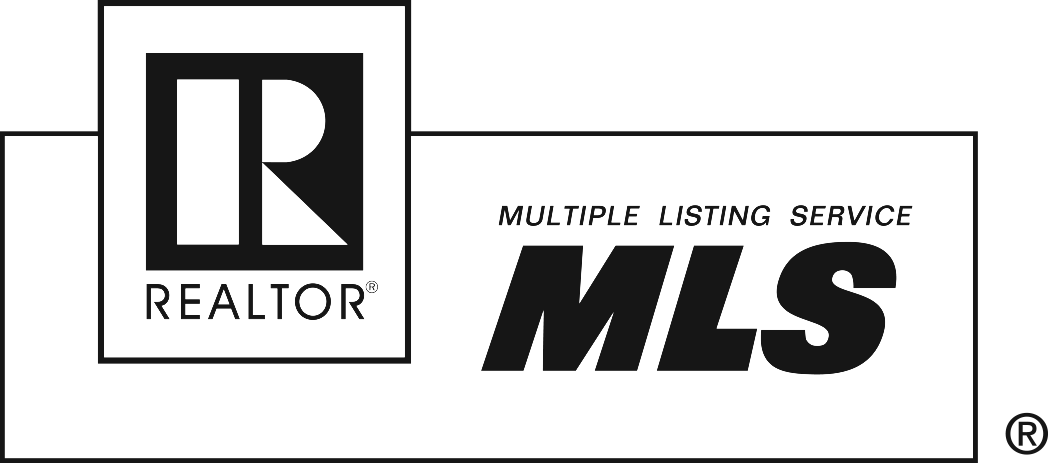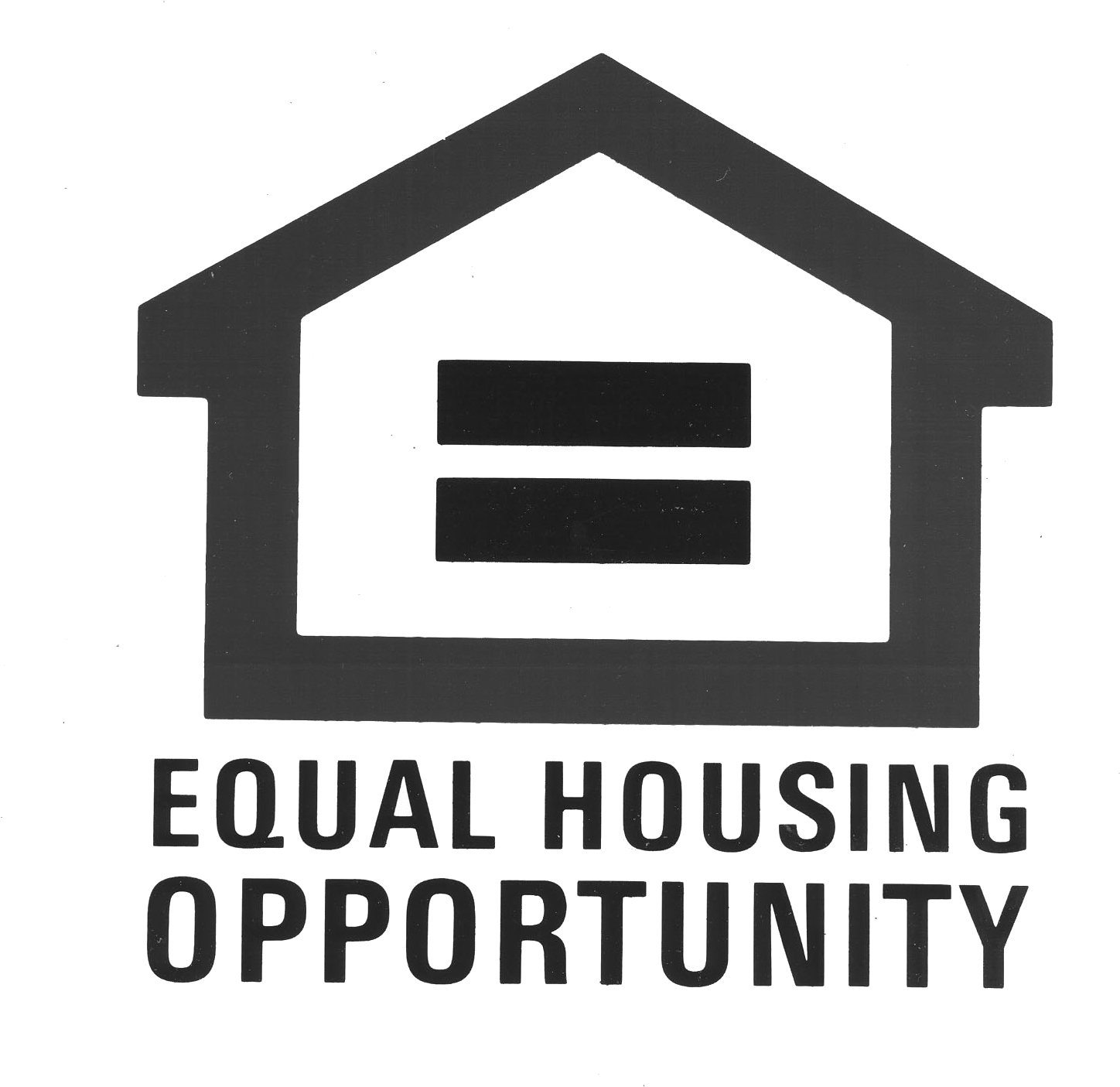Go to Affordable Housing Programs Go to New Construction Search
 Ready To House Hunt?
Ready To House Hunt?
Whether you want to move out of your parents’ home for the first time, own a home after renting for years or buy a place with a spouse or partner, purchasing your first property is a big step. It takes a lot of preparation when you’re in this stage of your life. I'm here to assist you in the buying process through viewing homes, negotiating your transaction and more! Let's talk about getting you in the home of your dreams.
The Advantages Of Buying Instead Of Renting
- Buying a house is a good investment
- Tax breaks when you need them most
- You’re not controlled by your Landlord’s list of rules
- You have security
- You build your credit
 What Should I Do Before Buying A Home?
What Should I Do Before Buying A Home?
Check Your Credit Report
- Checking your credit report will help you determine your financing options and show you any derogatory issues that may need to be resolved. The higher your credit score the better. Lenders determine your interest rate based on your credit score.
Decide How Much You Can Afford
- Before looking at homes, decide what amount you can comfortably afford. By figuring out how much house you can afford, you can then decide how much you need for your down payment.
Get Pre-approved By A Lender
- One of the most important parts of the home buying process is getting pre-approved. Pre-approval tells you what price range you can afford and make your mortgage process will be smoother and faster.
Explore Your Downpayment Options
- Ideally, a 20% down payment is best to avoid paying private mortgage insurance, which can easily add hundreds of dollars to your mortgage. However, if you’re strapped for cash many banks, credit unions, and other mortgage lenders offer FHA loans which only require a 3.5% down payment.
Types of Home Loans
- FHA Loan: An FHA loan is a mortgage issued by an FHA-approved lender and insured by the Federal Housing Administration (FHA). Designed for low-to-moderate-income borrowers, FHA loans require a lower minimum down payments and credit scores than many conventional loans
- Conventional Loan: A conventional loan is a type of mortgage loan that is not insured or guaranteed by the government. Instead, the loan is backed by private lenders, and its insurance is usually paid by the borrower. Conventional loans are much more common than government-backed financing.
- VA Loan: VA loans are issued by private lenders, such as a mortgage company or bank, and guaranteed by the U.S. Department of Veterans Affairs (VA). The VA Home Loan was created in 1944 by the United States government to help returning service members purchase homes without needing a down payment or excellent credit.
- USDA Loan: A USDA home loan is a zero down payment mortgage for eligible rural and suburban homebuyers. USDA loans are issued through the USDA loan program, also known as the USDA Rural Development Guaranteed Housing Loan Program, by the United States Department of Agriculture.
What Happens After Pre-Approval?
Searching For Your New Home
Once you’re pre-approved, it’s time to find your new home. Let’s talk about the location and the size house you prefer to start. From there let’s discuss the particulars such as the number of bedrooms and other amenities you would like. My goal is to find the ideal house that you can call home at the right price.
Making An Offer
As your agent, I will assist you in preparing the offer to purchase ensuring that every detail is outlined to your specification. Normally, negotiation between buyer and seller may occur once the offer is presented and I'll be there to negotiate on your behalf.
The Mortgage Process
Once your offer has been accepted, the next step is the mortgage process. During this stage, the lender will probably request additional or more current information. This can be frustrating when you’re anxious to know whether your loan is approved, but try to be patient. You’ll want to respond to these requests promptly to keep the process moving forward.
Closing On Your Home
Congratulations, now it's time to take the final walkthrough of your new home and sign the paperwork to give you ownership of your new home. Title insurance policies are prepared and sent to you and your lender. As part of the close, you will be given instructions on how to pay your mortgage along with the keys to your residence. Know that I'll be right by your side at closing and beyond.




